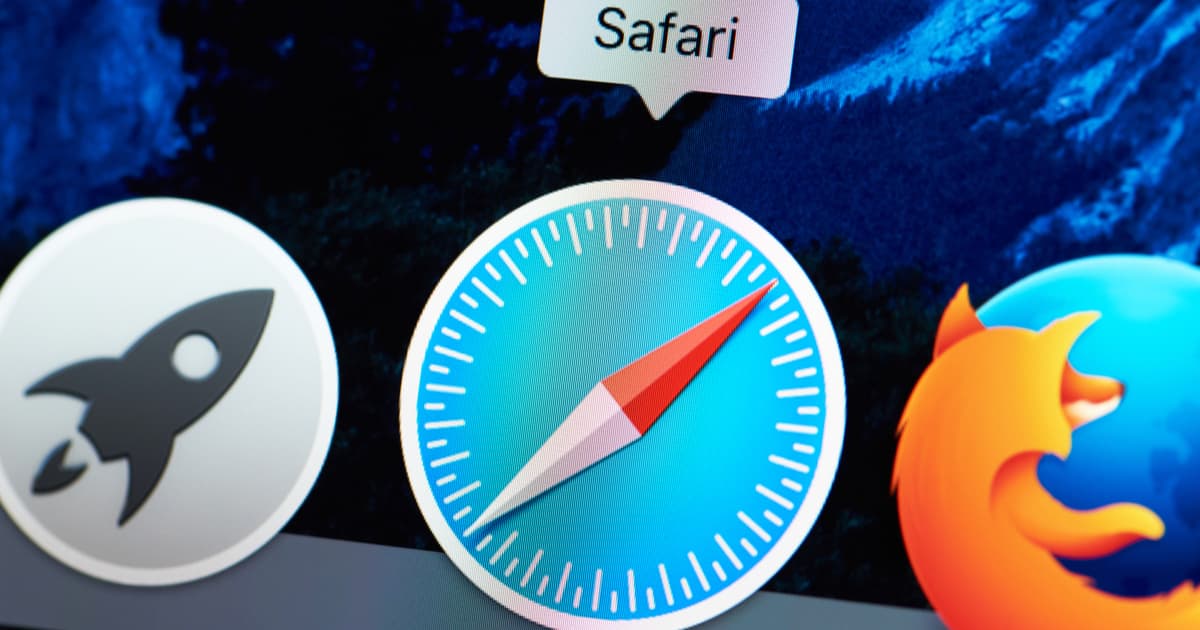Apple’s Safari browser has reached more than one billion users. This milestone made Safari the second browser to hit the billionth user milestone. Google Chrome remains the number one web browser globally.
Apple’s Safari Browser Comes Second to Google Chrome
A new report published by atlasVPN showed that 1,005,232,870 internet users now use Apple’s Safari browser. This figure represents 19.16% of all internet users. The team based their statistics on GlobalStats browser market share percentage. The team arrived at the exact number of users by converting the percentage using the Internet World Stats internet user metric.
Ironically, despite automatically installing Safari on every iPhone and Mac computer, Safari still couldn’t beat Google Chrome. Apple even implemented several privacy features within Safari to ensure users’ security. Apple also added a new privacy report in the browser. This report shows how many and which cross-site trackers ITP stopped from accessing user information. Furthermore, during WWDC last year, Apple introduced a new look to the Safari browser. Apple will surely announce more privacy features to Safari in this year’s WWDC event, beginning Monday, June 6.
Users Still Prefer to Use Google Chrome
Still, many users still preferr to use Google Chrome over Apple’s Safari browser. Hence, it remains the most popular web browser. According to the report, Google Chrome registered 3.3 billion users. Meanwhile, Microsoft Edge beats Firefox for the number three spot with 212 million users. Firefox got 173 million users, Samsung browser and Opera browser got 149 and 108 million internet users respectively.
The atlasVPN report also noted that as web browsers became more sophisticated in both looks and functionality, they’ve also compromised user security. Cybercriminals continued to exploit pop-ads, plugins, and extensions to carry out their malicious deeds. In fact, in January this year, Apple had to issue a fix to stop the Safari browser from leaking sensitive information between websites.
So the report suggested the importance of user cybersecurity education when it comes to browser security. It advised users to update their browsers regularly, block pop-ups, and ensure that they visit websites that used HTTPS.
